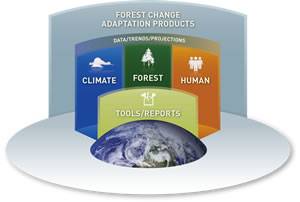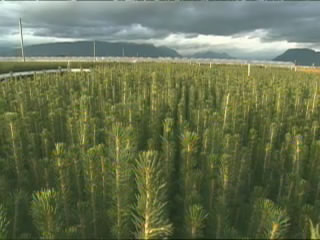Billy_Bob
Diamond Member
Two very interesting things have happened over the last two weeks.
1.)The Hudson bay snow melt is now slowing as temperatures fall rapidly. In just the last two weeks the air temps have fallen to freezing or below as day time highs. The snow melt peaking early and colder temps are a precursor of things to come.
2.)The ENSO heat pump has now gone cold. Just three weeks ago many were calling for a weak to moderate El Niño. But then the heat pump turned off and the ocean currents went very cold.

Ocean and atmospheric flows are going cold two months early. Other signs of a cooling change are present as well. (Polar jet size increase and shift southward)
Hang on to your ass... Things are shaping up for a very cool summer in the Northern Hemisphere and an early fall to boot... If the cooling continues in the Arctic and it continues to progress southward at the current pace, early September will be a first snow fall for many areas of the NH above 5,000 feet.
El Nino Watch Canceled by Australia as Pacific Ocean Cools
1.)The Hudson bay snow melt is now slowing as temperatures fall rapidly. In just the last two weeks the air temps have fallen to freezing or below as day time highs. The snow melt peaking early and colder temps are a precursor of things to come.
2.)The ENSO heat pump has now gone cold. Just three weeks ago many were calling for a weak to moderate El Niño. But then the heat pump turned off and the ocean currents went very cold.
Ocean and atmospheric flows are going cold two months early. Other signs of a cooling change are present as well. (Polar jet size increase and shift southward)
Hang on to your ass... Things are shaping up for a very cool summer in the Northern Hemisphere and an early fall to boot... If the cooling continues in the Arctic and it continues to progress southward at the current pace, early September will be a first snow fall for many areas of the NH above 5,000 feet.
El Nino Watch Canceled by Australia as Pacific Ocean Cools
Last edited:









